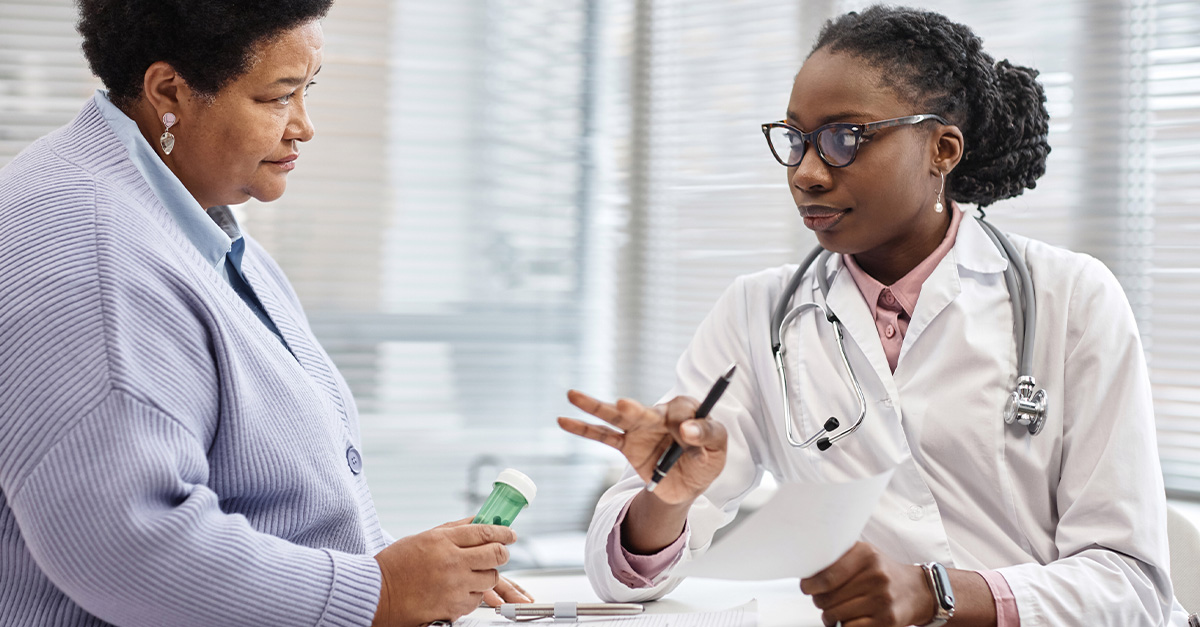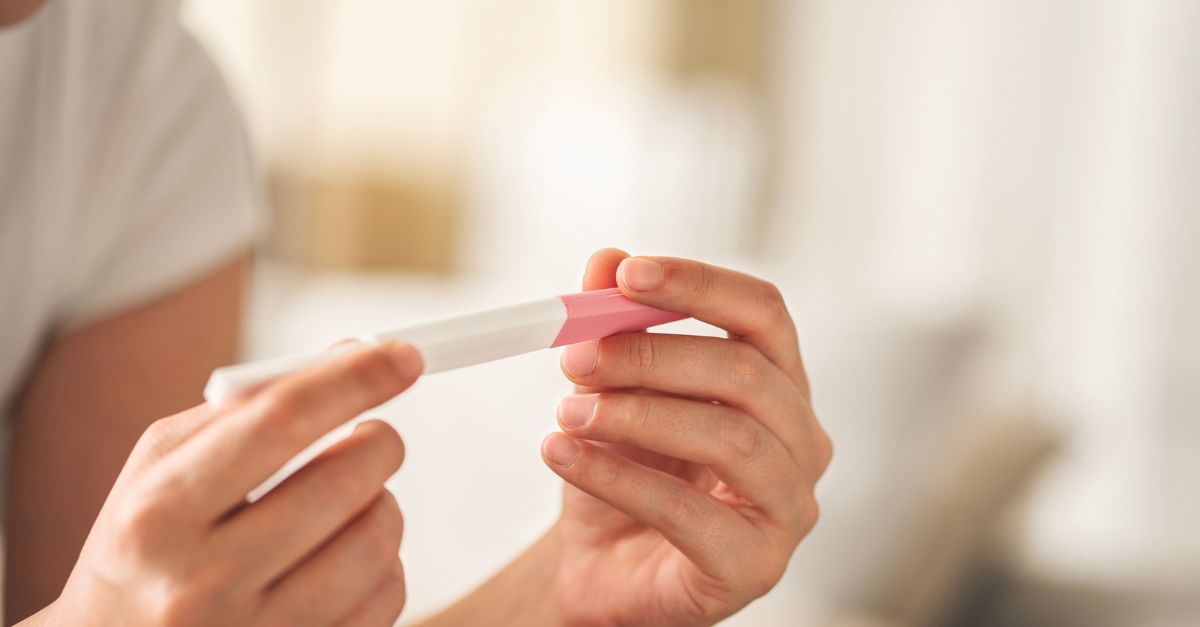Rates of human immunodeficiency virus (HIV) have declined in recent years, bringing us closer to the possibility of a world more liberated from the impacts of the disease. Still, an estimated 1.2 million people in the U.S. alone currently have HIV, and up to 13% don’t know it yet. Since this virus can only be acquired via transmission from a person who already has it, the answer to an HIV-free future lies in testing.
Even if you’ve never considered HIV testing before, you can contribute to a healthier tomorrow by getting checked for the virus — here’s how.
Can Women Get HIV?
The simple answer is absolutely, yes. HIV can affect anyone, transmitted under certain conditions. It may be passed through the exchange of bodily fluids such as blood, semen, and vaginal secretions, so as with other sexually transmitted infections (STIs), HIV can be transmitted during unprotected penetrative sex. HIV can also be passed to a fetus during pregnancy, or to a baby during childbirth or breastfeeding. Additionally, using a needle that has been used by someone with HIV, such as to inject drugs, can also lead to transmission.
Who Should Consider HIV Testing?
Being tested for HIV informs you of your status, which is important for several reasons. For one, it will allow you to pursue treatment if needed, which can prevent you from experiencing the complications that come from untreated HIV. This includes the more serious, late-stage of HIV infection: acquired immunodeficiency syndrome, or AIDS.
Secondly, if you are HIV positive, you can take measures to prevent spreading it to others. Using latex condoms, for example, can significantly reduce the risk of transmission during sex. And if you’re hoping to become pregnant, it’s possible to conceive and maintain a healthy pregnancy, as well as avoid passing HIV to your baby, when you take certain precautions. In fact, the risk of passing HIV to your baby is reduced to just one percent if you continue taking HIV medications, avoid breastfeeding, and deliver via C-section.
But how do you know if you should be tested for HIV? Since it’s possible to be living with the illness unknowingly, medical experts advise everyone to get tested at least once when between the ages of 15 and 65 years old.
If you’re at a higher risk, you should be tested at least once a year. You’ll fall under this category if you:
- Are a man who has penetrative sex with other men
- Have had sex with someone who is HIV positive
- Have unprotected sex outside of a monogamous relationship where both partners are HIV-free
- Have used drugs with needles (besides those used in a medical setting)
- Have another STI
- Have sex in exchange for drugs or money
Due to the risk of passing HIV to your fetus, HIV testing is also recommended during pregnancy.
How Does HIV Testing Work?
There are several types of HIV tests available, and each is performed depending on how long it’s been since your suspected exposure:
- Antibody tests can detect HIV antibodies in your blood or saliva 23 to 90 days after exposure.
- Antigen tests look for a specific HIV antigen and can be used 18 to 45 days after exposure.
- Nucleic acid tests can detect the presence of the actual HIV virus in your blood as soon as 10 days after exposure.
Results from the above tests are typically available within several days. In some cases, a rapid test can also be performed, offering results as soon as one hour after a blood draw or saliva sample.
Schedule an HIV Testing Appointment with Rosa Gynecology Today
If you’re concerned about your risk of HIV or any other STIs, talk to our caring providers. Your privacy, safety, and peace of mind are our topmost priorities, and we’re here to help you make informed decisions about testing and treatment. Request an appointment online or by calling 770-487-9604.




